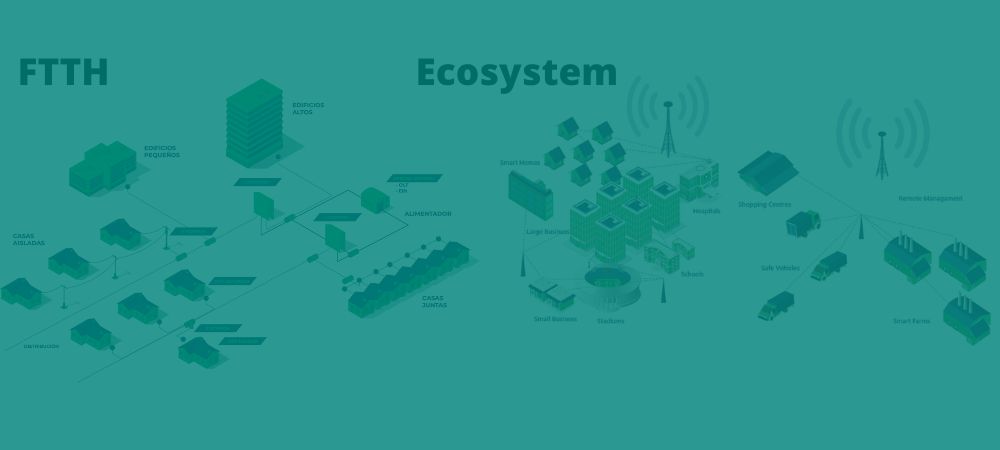 The big event of the Oscar ceremony Oscar ceremony always causes a stir, and of course, before we meet the winners, we want to see their films. before we meet the winners we want to see their films. and be able to have a better critical eye to comment on the results. However, this event also has posed a threat as pirated downloading of pirated movies from malicious sites is skyrocketing on malicious sites and in fact 40% of Mexicans uninstall their antivirus to be able to access this content, without without imagining the risks that this entails.
The big event of the Oscar ceremony Oscar ceremony always causes a stir, and of course, before we meet the winners, we want to see their films. before we meet the winners we want to see their films. and be able to have a better critical eye to comment on the results. However, this event also has posed a threat as pirated downloading of pirated movies from malicious sites is skyrocketing on malicious sites and in fact 40% of Mexicans uninstall their antivirus to be able to access this content, without without imagining the risks that this entails.
Oscar ceremony produces highest number of pirated movie downloads in Mexico
According to data provided by Torrent Freak, a portal dedicated to the latest news about copyright and privacy, during the end of January when the list of films nominated for the Oscar was released, the number of pirate downloads related to the nominated titles increased significantly.
An example of this is the film Bohemian Rhapsody which from occupying the tenth position in the ranking of most downloaded movies, after its nominations became the leader, as it is the most downloaded movie on pirate websites around the world. In second place is A Star is Born, nominated for Best Picture at this year’s Oscars.
Risks for the user who uninstalls his antivirus to download files or software
According to the data disclosed by the According to the American Chamber of Commerce, 8 out of 10 Mexicans who consume pirated goods say they have no remorse in doing so. However, it is important to be aware that downloading pirated movies carries several risks.
When a user uninstalls his antivirus, he exposes himself to computer viruses that, in addition to putting his computer at risk also puts your private data at risk. According to a recent Kaspersky Lab report, from January to September 2018, unlicensed software and content were responsible for more than 5 million attacks by cryptominers, i.e., malicious programs developed to take control of a computer’s resources and use them for cryptocurrency mining without user authorization.
“Often users don’t think about the consequences of the activities they perform online turning them into easy prey for cybercriminals. For example, activity that is not generally perceived as dangerous, such as downloading and installing software of dubious provenance, underpinned what was arguably the biggest cyber threat of the past year: malicious mining of cryptocurrencies.” assured Fabio Assolini, senior security analyst at Kaspersky Lab.
But there is another high-risk behavior: the user who uninstalls his antivirus. A Kaspersky Lab survey, conducted in conjunction with the market research consultancy Corpa, revealed that 40% of Mexicans have uninstalled their security software to complete the download of an application.
Keep your equipment protected
To keep your computer and data protected Kaspersky recommends the following steps:
- Be careful what you download. One of the goals of cybercriminals is to trick you into downloading malicious files. As a general rule, do not download files that look suspicious or come from a site you do not trust;
- Use robust security software. Products such as
Kaspersky Total Security
offer protection against all threats, such as detection and removal of malware from your PC, Mac and mobile devices. - Update the operating system and applications that you use regularly so that they have the latest security patches and fixes.
GSB joins the jubilation of the Aztec country for the victory of Alfonso Cuarón in the “Best Director” category, for his film “Roma”.
Note taken from: https://marketing4ecommerce.mx




